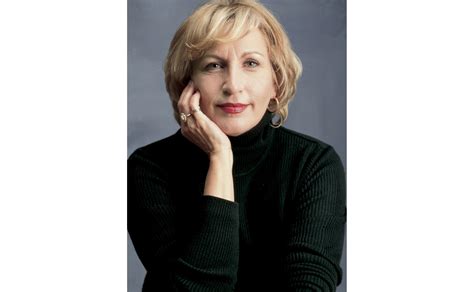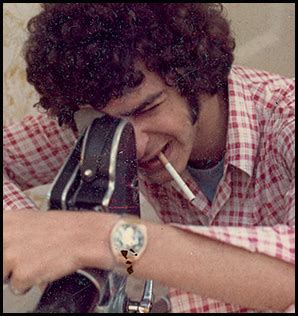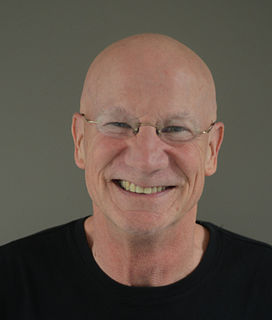A Quote by Marci Shimoff
It’s impossible to monitor every thought we have. Researchers tell us that we have about sixty thousand thoughts a day. Can you imagine how exhausted you’d feel trying to control all sixty thousand of those thoughts? Fortunately there’s an easier way and it’s our feelings. Our feelings let us know what we’re thinking.
Related Quotes
Psychologists tell us we think 50,000 thoughts a day...between 1,000
and 5,000 thoughts in a single hour. Many of those thoughts are about
ourselves and about our performance, about our lovability, our capability
and our significance. So the key is to control those thoughts, making
certain they're always positive.
In the new alchemy, we have a similar kind of way of thinking. Our internal space includes our intuitions, our thoughts, our senses and our feelings, and from these we construct or build a picture of the outside world. From intuition and thought, we construct time. We also construct space from thought and our sensations. From our senses and our feelings, we experience energy, and from our intuitions and our feelings, we experience motion.
Our experience of reality is the result of the magical alchemy of the creation of our thoughts, our beliefs, our decisions, our attitudes, our feelings. All of these are, for the most part, unconscious. Mindfulness allows us to watch these thoughts and choices and decisions without being triggered and having to take action and give meaning.
If we wish to know about a man, we ask 'what is his story--his real, inmost story?'--for each of us is a biography, a story. Each of us is a singular narrative, which is constructed, continually, unconsciously, by, through, and in us--through our perceptions, our feelings, our thoughts, our actions; and, not least, our discourse, our spoken narrations. Biologically, physiologically, we are not so different from each other; historically, as narratives--we are each of us unique.
What? What am I 'bound to be feeling?' People don’t think anymore. They feel. 'How are you feeling? No, I don’t feel comfortable. I’m sorry, we as a group we’re feeling….' One of the great problems of our age is that we are governed by people who care more about feelings than they do about thoughts and ideas. Thoughts and ideas. That interests me. Ask me what I’m thinking.
Each of us plays four roles in relation to the brain. We lead, we inspire, we invent, and we use it. Most people do not actively use their brains. They passively let their feelings and thoughts control their lives. They don't invent new ways to use their brains, either, settling instead for the same routine and repetitive thoughts every day. But if you master all four roles, you create your super brain. When you are the active observer of your feelings and thoughts, you become the user of your brain. Your super brain then serves you, not vice versa.
Encourage others each and every day-nothing's more important than our words. Did you know that, on average, each of us speaks about twenty-five thousand words daily? My last book didn't have that many words. A lot of language is flowing out of our mouths every day and having an impact on those around us. But how much of that flow is fulfilling God's intended purpose for our speech? How much of it reflects pride, rather than a gospel-motivated humility?

































